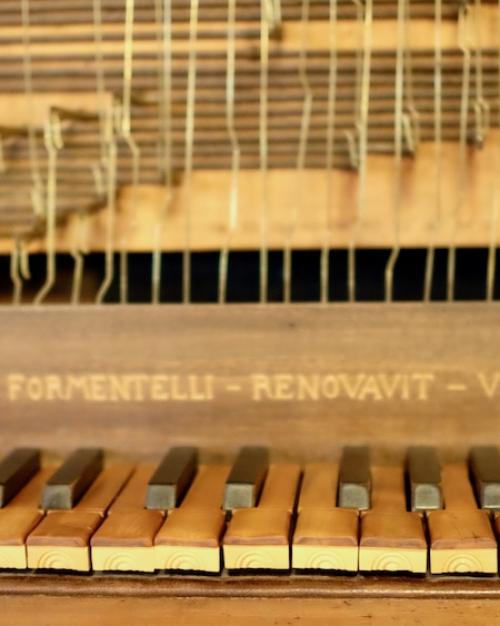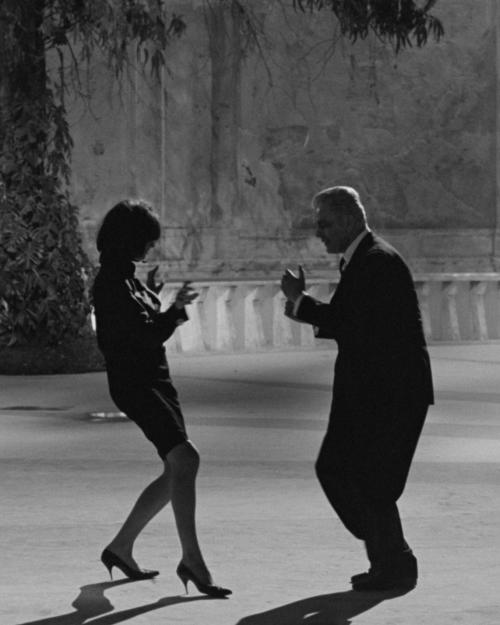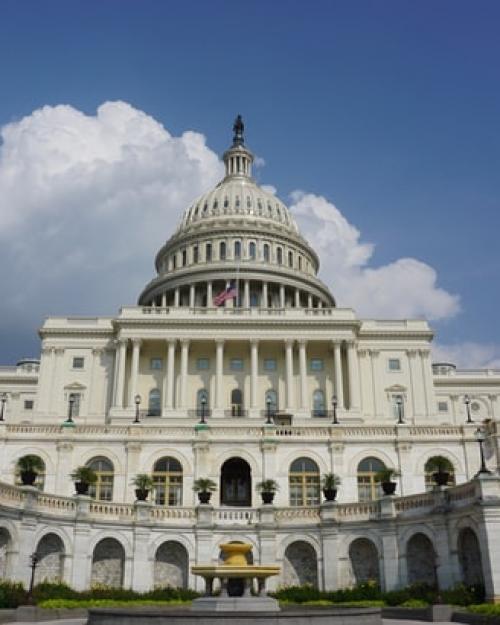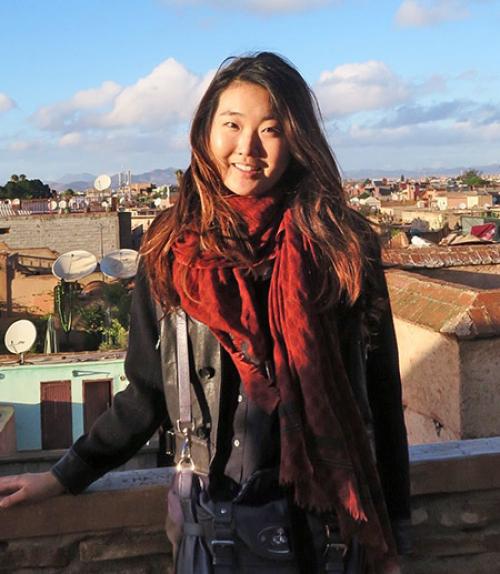Letitia Chai
College Scholar
Seoul, South Korea
What accomplishments/activities are you most proud of while at Cornell?
This year, I have been working on my honors thesis about Tibetan Refugee Resilience in India. It’s been a challenging exercise in critical thinking, synthesis and self-discipline. However, it has also been very rewarding to discover how we can reimagine refugee rehabilitation. I have learned that it begins with the relationship between the host country and the displaced community, specifically mutual belief that they can help each other develop. I hope more research on reciprocal relationships in forced migration can help us transform our approach to accepting and resettling refugees.
What Cornell memory do you treasure the most?
One of my favorite memories at Cornell is meeting a new friend while volunteering at Cornell’s Botanic Gardens. While preparing the gardens for the coming winter, I met a girl who shared my interest in meditation and environmental stewardship. Coming from a cross-cultural background, she taught me about how different communities understand sustainability. It was my first time volunteering at the gardens and it’s indicative of the diverse experiences and people waiting for you at Cornell.
What do you value about your liberal arts education?
As a College Scholar, the best part about my liberal arts education was its iterative nature. As my questions about peace and conflict studies evolved, so too did my curriculum and the research I conducted. For instance, I started with an interest in nonviolence and am now ending my college career curious about the relationship between the environment and refugee rehabilitation. All throughout this ongoing evolution, my professors such as Matthew Evangelista and Allen Carlson (both in the government department) supported me and I am very grateful for their guidance.
If you were to offer advice to an incoming first year student, what would you say?
My dad gave me great advice about making academic and professional decisions. He recommended that I pick a problem that I would like to work on and choose the courses that would help me address this problem. As a freshman, I took his advice and started with a question about how nonviolent social movements impact society. I took classes in sociology, political science, history, philosophy and more recently economics and design to address my changing questions. This helped me analyze communal relations from a truly interdisciplinary perspective and I hope this will help me design more creative solutions to problems in peace and conflict resolution. His process worked wonderfully for me and I would recommend that incoming freshmen try it out to help them decide on their majors and internships. If one or two majors fail to satisfy the scope of the question, creating your own major is always a possibility.




